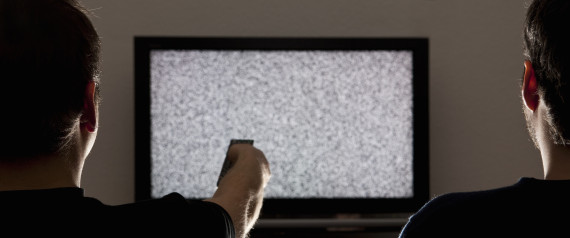
I started writing for TV thirteen years ago, and in that time I've worked on five different shows and been a part of nearly three hundred scripts. I started writing my first novel, Pretty Ugly (available March 31st), seven and a half years ago, and in that time I've written one novel. Half of my professional writing career has been spent alone in a bunker-like room in my house writing and rewriting three hundred pages, roughly one half of a single season of TV. Granted, novels and TV shows are very different animals, but having now done both, I would like to pass along a few TV writing tricks that I believe would make writing books much easier.
First off, write with ten to twenty other really smart, funny people. This is a great way to get your work done faster. When I was writing animation there were times when we would need to work on five different scripts in a day. Because of our numbers, we were able to break off into smaller rooms and pitch jokes, or story fixes, or surf the Internet for movie trailers. When the small groups came back into the main room, there were usually five to ten good options to fix our problems. Can you imagine it? Options! Given to you by professional writers! I had none of that when I was writing my novel, Pretty Ugly, but it would have been so much easier if I had. Another benefit is that if there's a character in your book that is smarter than you are, you can always just ask the Harvard grads in the room to write that part. (There's always at least two, and they're easy to spot because they talk about going to Harvard a lot). While they work, you can go to the kitchen and get a handful of Goldfish crackers and a cheese stick (most TV writers eat like a toddler without parental supervision).
Speaking of food, even though writers spend most of their time sitting in a chair, hunched over a computer, they still work up a pretty healthy appetite. Nothing is more creatively stimulating to a writer than a delicious lunch, and nothing is more karmically satisfying than someone else paying for that lunch. I'm sure you've heard the saying, "there's no such thing as a free lunch," but if you're a TV writer, that's not true. Lunch is free every day! A young, eager, underpaid PA will go wherever you tell him or her to go and bring you back whatever you want, and the studio will pay for it! The PAs will also go to Starbucks for you, but you have to pony up for that yourself. But don't worry; you can usually convince the highest paid person in the room (usually one of the Harvard guys) to pay for everyone's coffee. When I was home writing my novel, Pretty Ugly (available March 31st), I had to physically get up from my desk and make or purchase my own lunch (and Starbucks). It was one of the hardest parts of writing the book as it cost me valuable time that could have been spent procrastinating or watching porn (which is not procrastinating, but an essential part of both TV and novel writing).
Something else you can do while writing your novel is ask network executives to give you notes to create problems that didn't exist before. This will be a nice writing exercise that won't help you become a better writer or write a better book, but it will give the ten to twenty other writers you're working with something to complain about. The executives will also offer helpful writing tips like, "start the story earlier," or "make sure your main character is good at their job." Characters being good at their jobs is very important to network executives. I once worked on a comedy where an executive told me, "the audience doesn't have to understand what the character does for a living, they just have to know she's good at it." Because as we all know, nothing is funnier than competence and a strong work ethic. (NOTE: To any network executives who might be reading this, I'm not talking about you. You're awesome! I'm talking about those other execs. The bad ones. You know who I'm talking about.)
By this point you're probably saying to yourself, "this is all incredibly helpful advice, thank you, but how do I know what my novel should be about?" Again, TV is a great model. You have to choose something easily marketable that can be explained in a single sentence. Something like: good-looking high school doctors in Brooklyn; or fat, stupid, blue collar guy and his good-looking wife raise kids in Chicago; or good-looking white cop and good-looking black cop fight crime in New Orleans (and one good-looking cop is gay, testing will determine which one). Also, it's very important to write something that has been successful before. Remember, it's not derivative if it makes money. The networks have been trying to recreate the success of Friends since it went off the air in 2004, so might I suggest a novel about six attractive twentysomethings living in New York City. At the very least you can sell the TV rights to the book. Just remember to make sure everyone is really good at their jobs.
Kirker Butler grew up in Hartford, Kentucky ("Home of 2000 Happy People and a Few Soreheads"), and now lives in Los Angeles where he is an Emmy nominated writer and producer. His credits include Family Guy, The Cleveland Show, and Galavant. He's the author of the novel, Pretty Ugly.